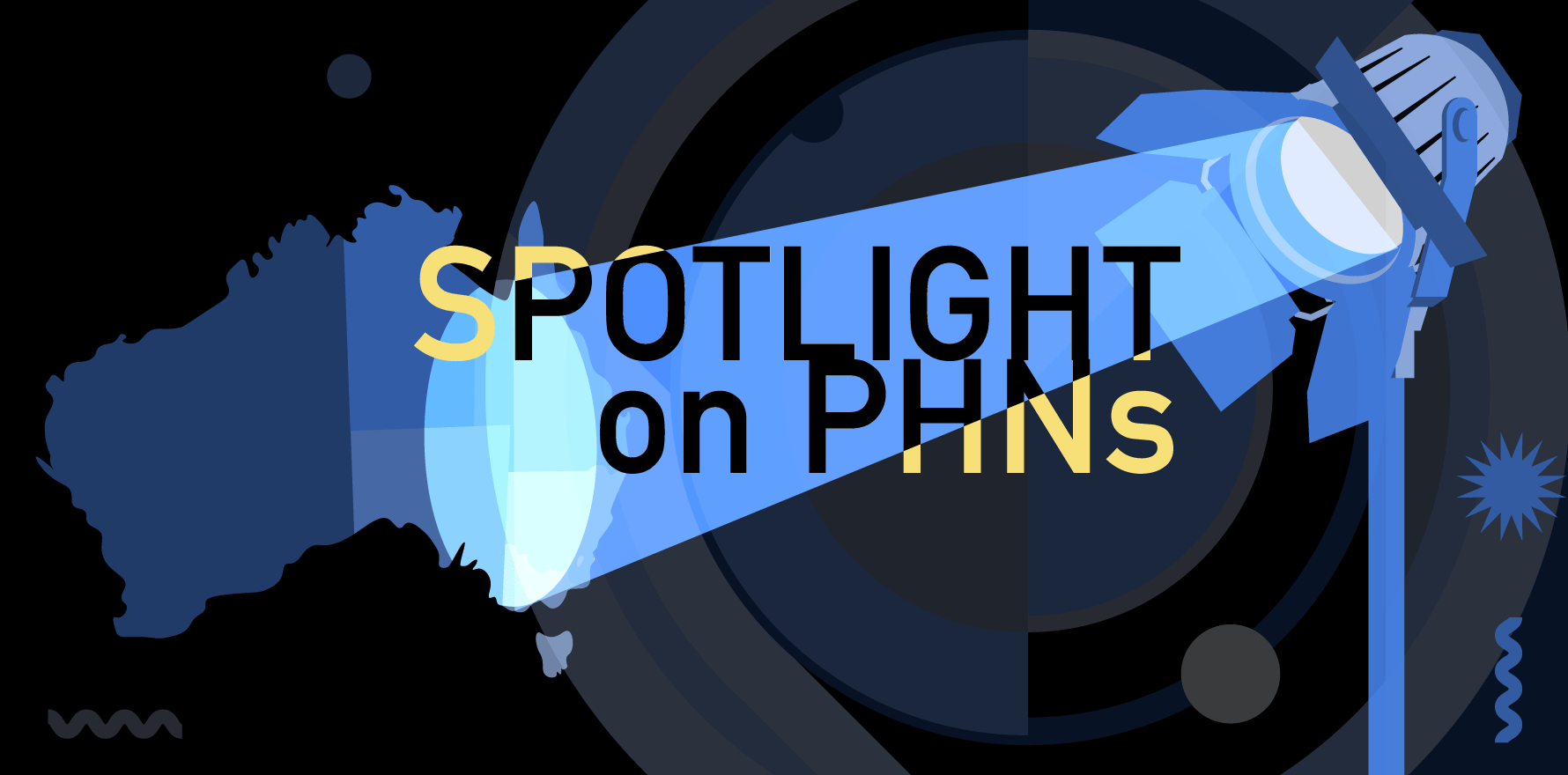Keeping frail aged care residents out of hospital is a prime motivation for the training program’s development.
Fifteen primary health networks have developed a free telehealth training package to upskill staff in Commonwealth-funded aged care settings, with the aim of keeping unwell and frail residents at home when they don’t need in-person care at a GP practice or in hospital.
The package offers 62, six-minute-long modules, designed to fit into busy days and revisited at any time. Each module aligns to best-practice and accessibility principles, with plain language and closed captions, and is accompanied by checklists and resources.
The modules are also accredited for educational hours for GPs and nurses.
Murray PHN CEO Matt Jones said that while telehealth had been around for some time, it was only during covid that its benefits were fully realised.
“The combination of telehealth with face-to-face primary care when necessary has been a welcome addition across our region,” he said.
“Difficulty in recruiting health practitioners to rural areas, including in the after-hours period, means that telehealth can improve real-time access to care.”
Last year, Murray PHN provided grants to 75 aged care homes in its region to help them purchase or update IT equipment and hardware.
Mr Jones said this was the first step in supporting the sector and was based on recommendations from the Royal Commission into Aged Care Quality and Safety.
“The Commission noted the benefits of increasing the capacity and capability of the sector to access virtual primary care services, in order to protect frail older people from the potential harm and distress caused by travel,” he said.
“With no long trips to hospitals or extended waiting times at an emergency department, telehealth models of care can also help to ease the burden on our already stretched rural health system.”
Western Victoria PHN’s CEO Craig Wilding, said that the training program consisted of a series of comprehensive online training modules designed to support telehealth in residential aged care.
“We are excited about this training,” he said.
“It uses the latest education learning and technology to support professionals working in RACHs, from personal care workers to nurses, managers, onsite clinicians and other health professionals.
“Two learning streams have been developed to recognise the unique educational needs of both RACH staff and health clinicians who are providing services to residents,” Mr Wilding said.
The 15 PHNs involved in the project are Western Victoria, Gippsland, Murray, South Eastern Melbourne, Eastern Melbourne, North Western Melbourne, Tasmania, Coordinare, Western NSW, Murrumbidgee, Healthy North Coast, Gold Coast, Brisbane North, Northern Queensland and Darling Downs West Moreton.
Capital Health Network
CHN is seeking to commission services from non-government organisations and community groups within the ACT to improve the psychological wellbeing of residents in residential aged care homes.
“This funding is to support people with mental health needs living in RACH,” said the PHN’s website.
“The service aims to support residents who have a diagnosis of a mental illness, experiencing mild to moderate symptoms of common mental illness, experiencing early symptoms or are assessed as at risk of developing a mental illness within 12 months.”
Potential providers will need to:
- offer in-reach services, generally provided on location at RACHs;
- target residents with a diagnosed mental illness or who are assessed as at risk of mental illness if they do not receive services;
- provide evidence-based, time-limited psychological therapies which are adjusted to be responsive to the needs of older people;
- provide care within a stepped care framework with a particular focus on meeting the needs of older people with mild to moderate mental illness;
- work collaboratively, in close communication with RACHs and other key stakeholders, including consumers and family members;
- be subject to locally developed assessment and referral arrangements which ensure services are matched to need for mental health services; and
- enable access to services across the region to RACH residents over time.
Closing date for submissions is 5pm next Thursday, 22 August. For more information, see here.
Brisbane North PHN
Brisbane North PHN’s GP workforce planning and prioritisation team is working on an inaugural training pathways report due for delivery to the DoHAC on 1 October 2024.
The report will provide greater transparency and visibility of GP training opportunities to support GP registrars to complete their training in a single region (if and where desired) as they progress through their pathway to fellowship.
The team is seeking input and insights from GP registrars and GPs who have gained fellowship in the past 12 months to provide feedback on aspects of their training, from medical school through to general practice training placements, to identify any training gaps or opportunities to improve the training experience in the north Brisbane and Moreton Bay region.
For more information contact Paul Wallwork via gpworkforce@brisbanenorthphn.org.au



